Swiss Bank Helped Finance Some of Africa’s Bloodiest Wars
International Consortium of Investigative Journalists
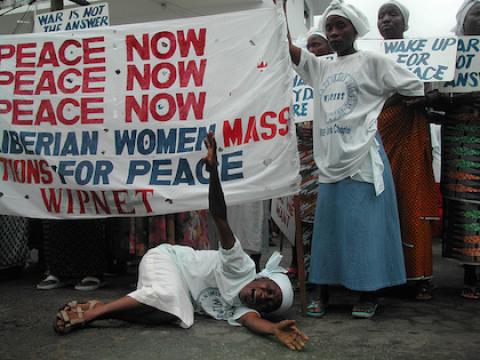
Journalists from 45 countries have unearthed secret bank accounts that reveal the global banking giant HSBC profited from doing business with arms dealers who channeled mortar bombs to child soldiers in Africa, bag men for Third World dictators, traffickers in blood diamonds and other international outlaws. These disclosures shine a light on the intersection of international crime and so-called legitimate business at one of the world’s largest banks.

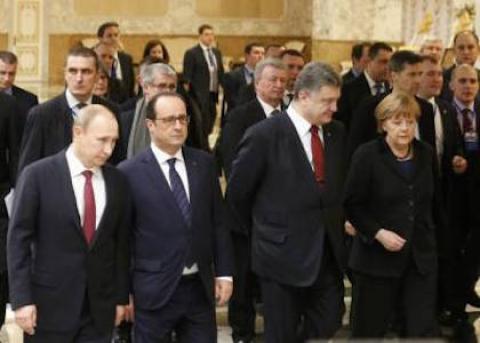
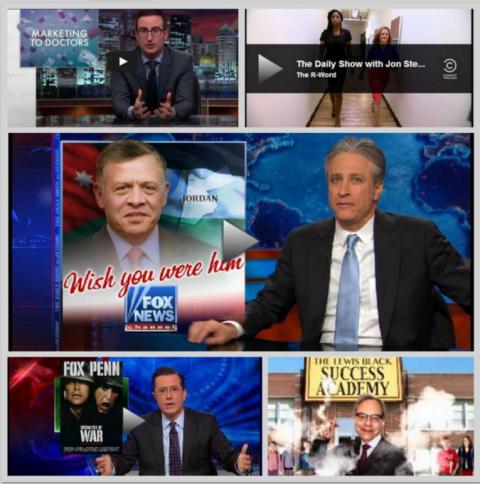



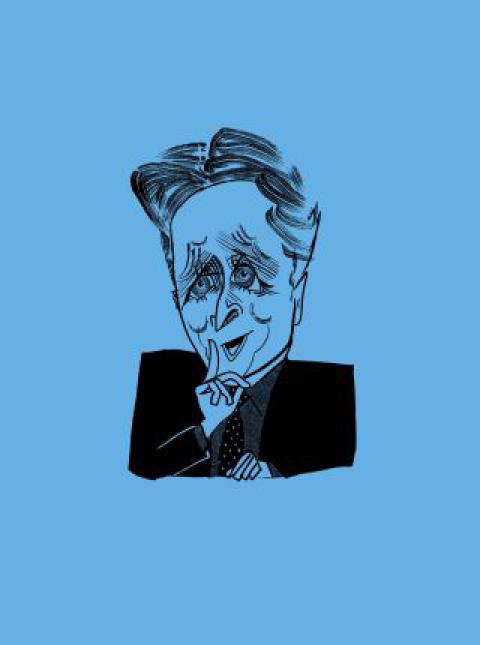

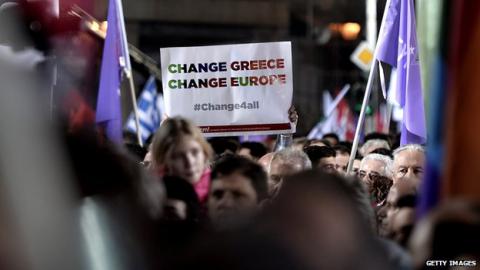
Spread the word